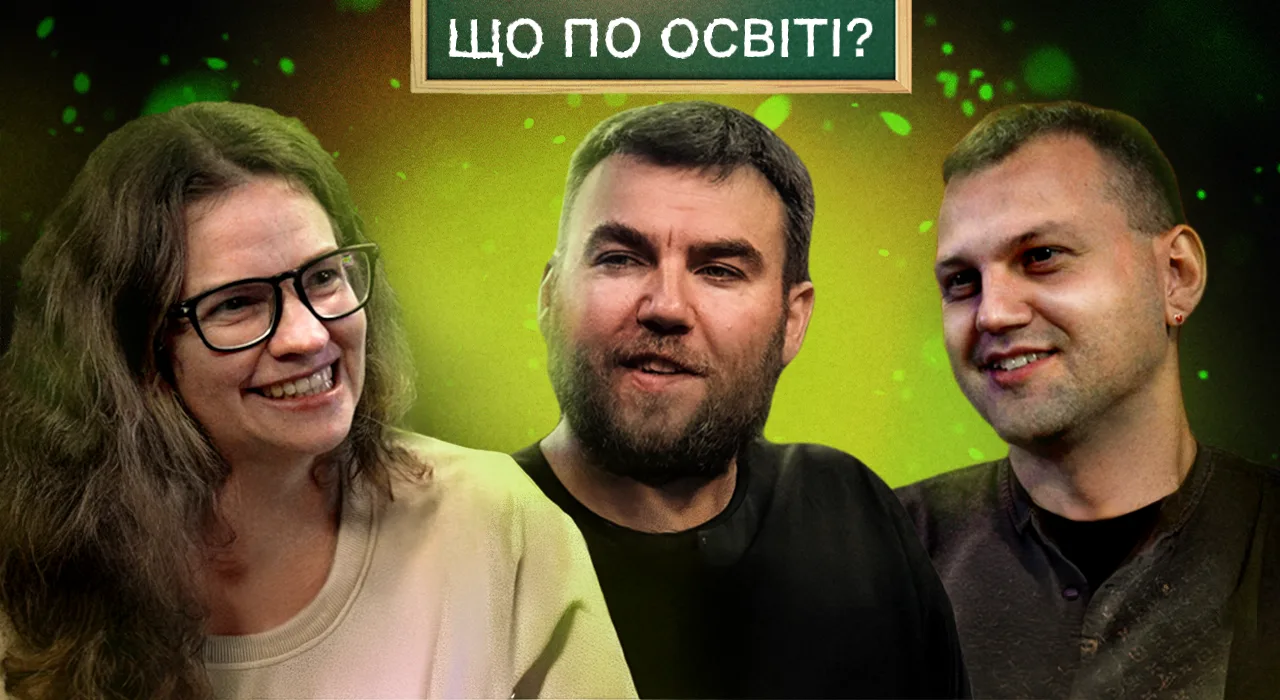In Ukraine, more and more attention is being paid to psychological support for children with disabilities and their families. In the podcast ‘What’s Up with Education,’ Natalia Gladkikh, head of inclusive projects at the NGO ‘See with Your Heart,’ emphasised that without a comprehensive approach that combines educational opportunities, social integration, and assistance to parents, inclusion will remain incomplete.
How the psychological hub works
In a conversation with educators Artur Proydakov and Petro Sitek, Gladkykh noted that the organisation has created a unique psychological hub where psychologists, psychotherapists and art therapists work with children and families. According to her, it has become a place where parents can receive professional support and find understanding and true friends.
‘We see that parents are often left alone with their challenges. Psychological support is critically important for them, because the quality of a child’s life directly depends on the state of the adults,’ Gladkikh said.
Read also: The podcast “What’s Up with Education?” launches on the YouTube channel of the Humanitarian Media Hub
The impact of war on families with children with disabilities
During the podcast, the expert also emphasised that the full-scale war has created new challenges for these families. Ukrainian families have been forced to evacuate or adapt to new conditions without the usual support services. This has led to a deeper sense of isolation and exhaustion among parents.
‘Our families need comprehensive support — not only material, but also psychological. We are working to ensure that every family knows that they are not alone in their struggle,’ she added.
Read also: What is “alternative education” and how can it be applied in Ukraine?
Inclusion and the role of education
The podcast paid particular attention to inclusion in education. Gladkikh says that this refers to schooling and creating conditions for socialisation, developing communication skills and preparing for adult life.
‘It is very important that society stops perceiving children with disabilities as “different”. These are children who have the same rights, dreams and potential. Our task is to create conditions for their development,’ she emphasised.
Systemic solutions from the state and support from parents
Speaking about state policy, the expert noted that Ukraine is gradually expanding its social support programmes and cooperating with civil society organisations. However, this is not yet enough, and systemic integration is needed with a focus on funding, training specialists and changing public attitudes.
‘We often hear from parents: “It’s hard for me, but I have to hold on for the sake of my child”. Our task is to give them the tools that will help them not only survive, but also live a full life with their child,’ Natalia Gladkikh summed up in the podcast ‘What’s Up with Education’.
Read also: Ukraine’s inclusive infrastructure remains a question mark



